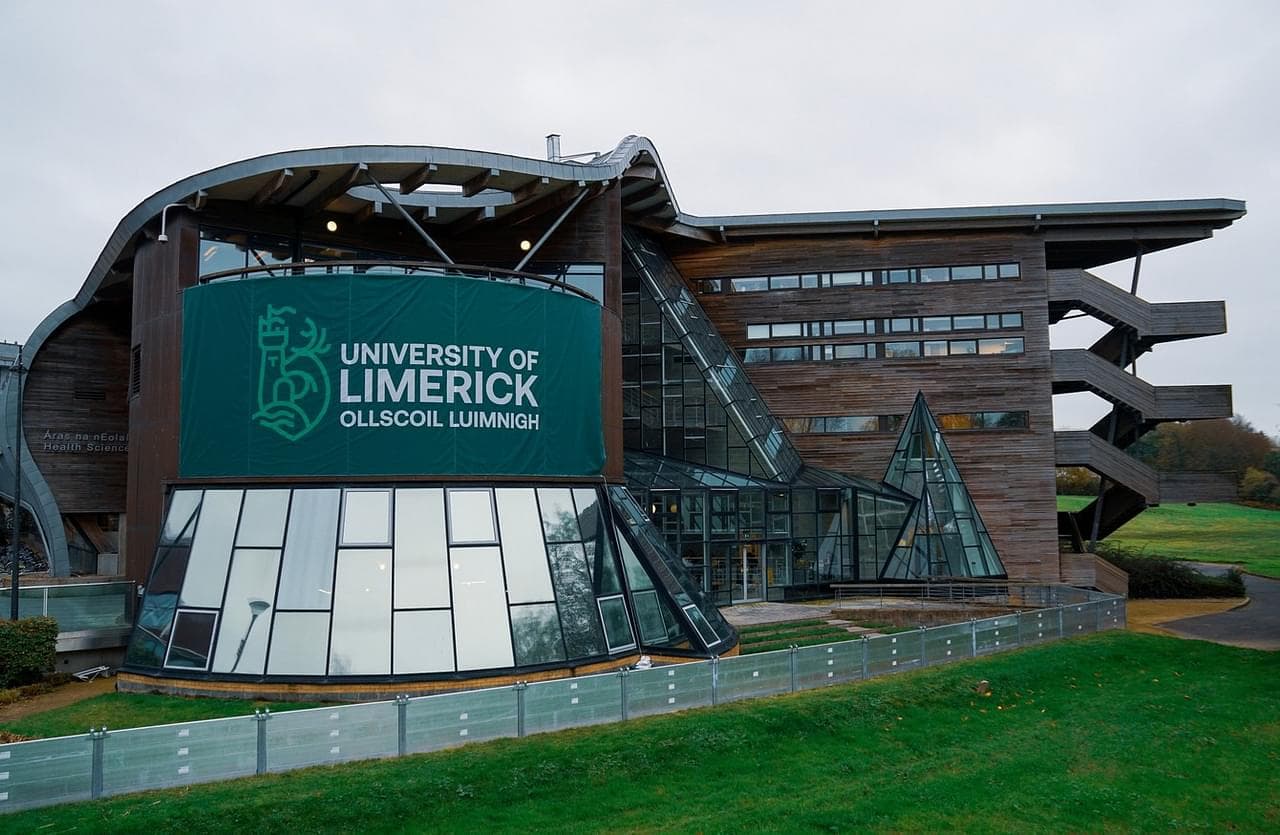Civil Engineering at UL now offers an integrated Bachelor/Master of Engineering programme. The entry route to both is through LM116 but in year 3 students have the choice to decide between the Bachelor of Engineering (B.E.) or Masters of Engineering (M.E.) programmes. The B.E. programme is 4 years in duration, while the M.E. programme adds an additional year making it a total of 5 years in duration. Both programmes include an eight-month period of Cooperative Education spent in an appropriate industrial environment.
Civil engineering at UL is built around a ‘learning-by-doing’ process and focuses on three areas:
- Water and the Environment
- Energy in Civil Engineering
- Buildings & Infrastructure
When you join the civil engineering team at UL, you learn to be an engineer from day one. Working in small teams, you will solve interesting problems. The challenges presented are open-ended and increase in complexity as you progress through the years. Your ingenuity and creativity are required to explore many viable solutions. Drawing from what you have learned and with the shared knowledge of your team, you will design, analyse and (in many cases) test your creations. Lectures are provided along the way to fill in gaps in your knowledge.
The programme is fully ECTS (European Credit Transfer System) compliant, allowing student mobility across Europe. In addition, close ties with a number of universities in the United States provide students with exciting opportunities to spend a semester studying abroad.
Year 1
In year one you will be part of the LM116 Bachelor of Engineering Common Entry programme where you will develop broad engineering skills while receiving insights into the different engineering disciplines. In the spring semester students interested in Civil Engineering will undertake a ‘learning by doing’ project where you will be challenged to design and build civil engineering structure which has to do a specific task. Starting with a blank whiteboard you will work in teams to develop your ideas which you will then build and test at the end of the semester.
Year 1 modules
Semester 1
- Chemistry for Engineers
- Electrical Engineering 1
- Engineering Maths 1
- Introduction to Engineering
- Engineering Science
- Engineering Computing
Semester 2
- Engineering Maths 2
- Engineering Mechanics 1
- Fluid Mechanics
- Materials 1
Elective
- Structural Engineering Design 1
- Introduction to Design for Manufacture
Year 2
In year two you will work in small teams to solve a variety of interesting problems. The challenges presented are open-ended and increase in complexity as you progress through the years. Your ingenuity and creativity are required to explore many viable solutions. Drawing from what you have learned and with the shared knowledge of your team, you will design, analyse and (in many cases) test your creations. Lectures are provided along the way to fill in gaps in your knowledge.
Year 2 modules
Semester 3
- Building Materials, Assembly & Structure
- Hydrology & Water Engineering
- Design Studio
- Structural Engineering Design 2
- Engineering Maths 3
Semester 4
- Structural Analysis 1
- Structural Steel & Timber Design
- Fluids and Energy
- Engineering Maths 4
- Introduction to Geology & Soil Mechanics
Year 3
In year three you will get a real experience of being an engineer when you take the draft plans of a building and undertake the role of Civil Engineer in this ‘Integrated Design Project’. This project requires the integration of many aspects of civil engineering disciplines including interaction with the design architect, land surveying, structural analysis, structural design, foundation design, health safety issues and forms the core of the first semester in year three. The project is followed by an eight-month Co-op placement with an engineering contractor/ consultant in Ireland or abroad.
Year 3 modules
Semester 5
- Structural Theory
- Soil Mechanics
- Professional Practice 1
- Transport Planning & Design
- Reinforced Concrete Design 1
Semester 6
Summer
Year 4/5
In year four you will learn about energy-efficient buildings, wind energy and how to design water treatment systems. A unique feature of the programme is learning from the engineering mistakes of the past; in doing so, you will investigate actual engineering failures in collaboration with law students. As a student engineer, you will act as an expert witness in a moot court (simulation) and have your expert opinions tested through examination and cross-examination by the student lawyers.
Your final year project allows you to specialise in the area of civil engineering that intrigues you most. Clear and effective communication is an essential skill for the civil engineer and is carefully fostered in every project throughout the programme. You will develop verbal, written and poster presentation skills in addition to creating video documentaries, participating in a moot court and ethical debates, and you will also act as a technical guide to creative arts students on special projects.


